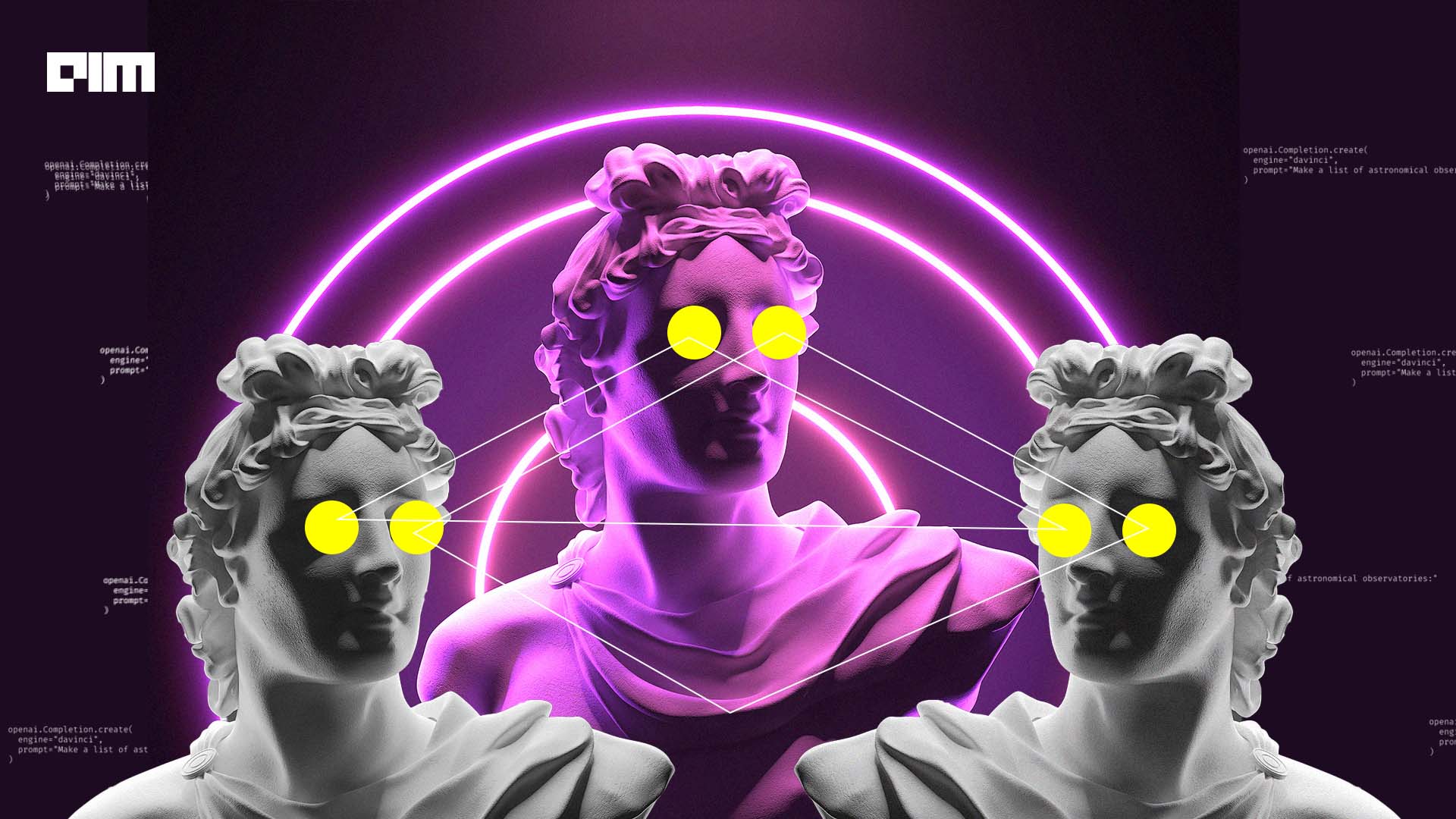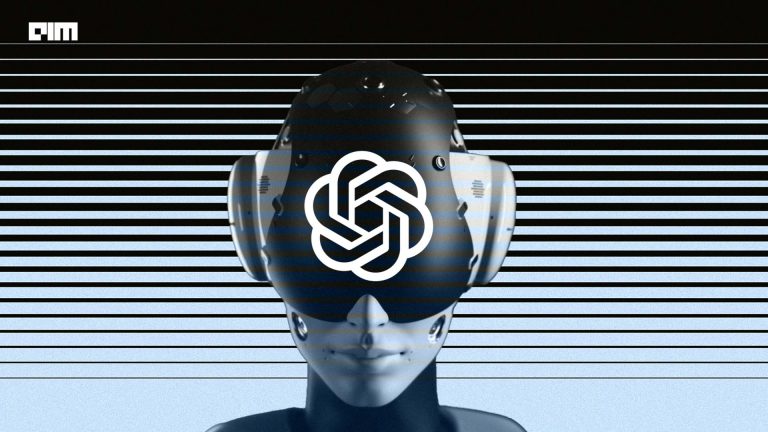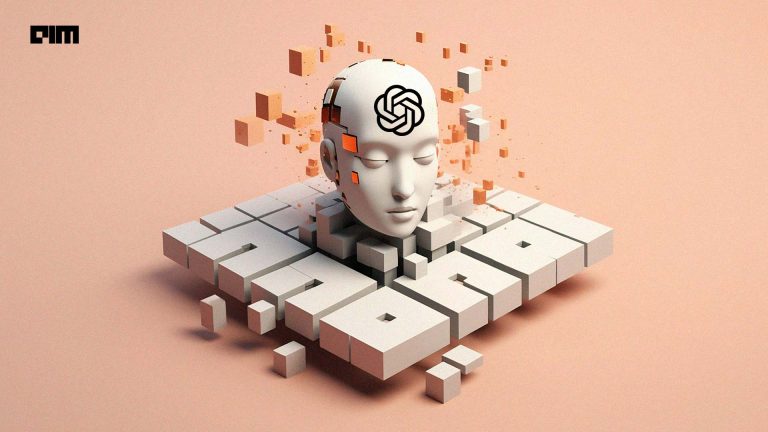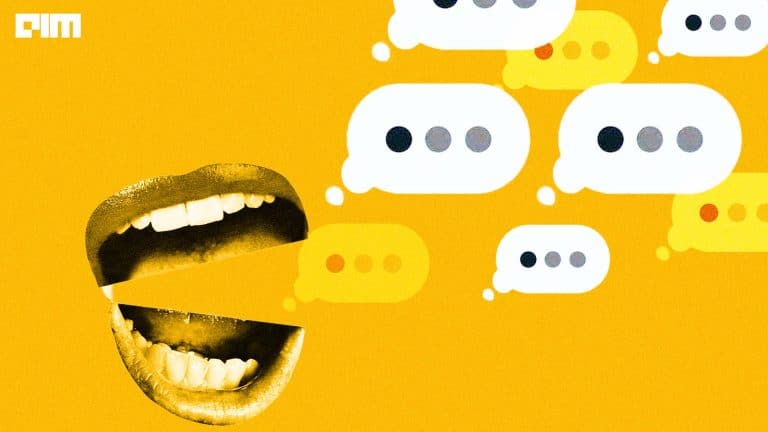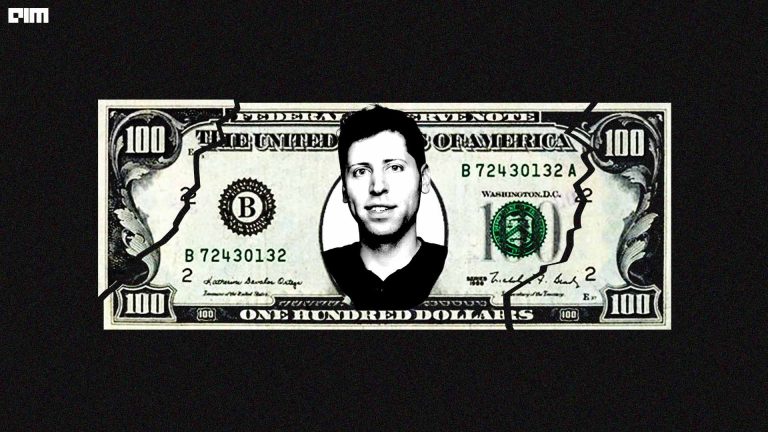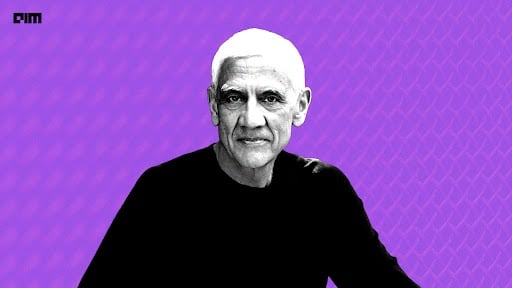|
Listen to this story
|
Google has been pushing hard to get ahead of the Microsoft and OpenAI partnership in AI by bringing together DeepMind and Google Brain as one single entity. Meanwhile, OpenAI, already in the lead, has decided to take a different approach when it comes to their products and staying on top of the game by putting up a trademark on ‘GPT’.
Yes, OpenAI has filed for a trademark on ‘GPT’ with the United States Patent and Trademark Office (USPTO). The application was made in December 2022, but OpenAI recently petitioned the USPTO to hasten the process because a lot of apps named after GPT were springing up. However, the application is still up and pending and might take up to 4-5 months more to get approved, as Jefferson Scher, a partner in the intellectual property group of Carr & Ferrell told TechCrunch. In a bid to catch up on the delay, the company has released brand guidelines on its website to ensure that no claims are made by people building an AI or GPT disguising as OpenAI.
OpenAI’s concerns are understandable. Ever since the company decided to make its ChatGPT API publicly available, most of the products being made and launched using it are named with the GPT suffix. OpenAI would clearly not want their popularity to falter.
Guidelines Claiming Ownership
OpenAI believes that it owns the ‘GPT’ technology. And it might appear like that since they are the most notable provider of this LLM or generative AI technology, and some might say probably the first ones to make it to the public as well. Yet, putting a trademark on it might be a long stretch from the company.

That is probably why the company has filed for a trademark, not a copyright. This means that they just do not want anyone else to pretend to be them and release the technology. They want to still allow people to use it, to some extent, just not as them. That is probably why OpenAI has also released these brand guidelines for people to appropriately attribute the GPT-based technology to OpenAI.
The guidelines highlight the correct usage of words to use when building a product powered by OpenAI’s technology. For example, MeowlyticsGPT should be renamed to Meowlytics powered by GPT-4. For plugins, the name should specifically mention that the product is made for ChatGPT as a plugin instead of OpenAI or citing compatibility with ChatGPT.
Moreover, apart from registering the trademark in the United States, OpenAI’s China-based subsidiary also tried to trademark ‘GPT-4’ in the country. The country has banned the technology for its citizens, and is also developing its own chatbot. There is probably no reason why China would accept OpenAI’s technology even in the future. Probably, OpenAI did not want China-based AI companies to use ‘GPT’ in their products as well.
There’s a Catch
But the problem is pointed out by many Reddit and HackerNews users. OpenAI did not introduce GPT to the world, and not even coined the word for the first time. Plus, the company is too late even if it wanted to trademark its technology. GPT was first coined in 2018 with GPT-1 by the company, and the words ‘generative pre-trained’ date back even earlier in some research papers by Google.
Maybe OpenAI was not anticipating its success with ChatGPT technology back then. Now, the explanation for the trademark application can be just so that no one clones the company makes the most sense currently. Or maybe not. Maybe the Sam Altman led company has bigger plans. The company had already registered with AI.com to redirect it to ChatGPT — a pretty strong statement.
Well, now that the AI arms race is in full glory, there might be something that Google can do as well to catch up. Up until now, Google made strides by improving its technology, but it might have another trick up its sleeve. If OpenAI files for a trademark on ‘GPT’, which is more than just a product name, but a name of technology, and the USPTO accepts it or even considers it, the application will be moved for an ‘opposition period’. This is where other competitors and businesses such as Google or Meta would be able to raise their concern about the ‘GPT’ trademark. Google might have a chance there.
OpenAI may be getting a bit too possessive about their products. GPT stands for Generative Pre-trained Transformers and interestingly, ‘Transformer’ was introduced by Google in 2017 as a neural network architecture, for which the company has also filed a patent.
Still, Google hasn’t enforced it because it understands that it would not really make any difference since the patent did not cover the part which OpenAI used. That is a classic problem with patents – there is always a way to circumvent it by tweaking technology. Ultimately, GPT is a technology, not a product. Google could not patent it, nor can OpenAI. They can only try to put up a trademark on it, not that it makes complete sense.
GPT is a decoder-only architecture, and does not use an encoder. Therefore, Google’s patent on Attention-based Transformers cannot be slapped on OpenAI. Moreover, Google has released many open-source repositories with Transformers. Plus, a lot of Google products also leverage technology from Microsoft/OpenAI patents. So no, Google wouldn’t make this move unless it wants a legal battle with the GPT leader at the moment. But then, if Google continues to fall behind in this AI race, who knows what guns it might pull to hold on.
Dearly Loved, Dearly Hated
OpenAI has been criticised a number of times for not making its research publicly available. Researchers also called for a pause on training models beyond GPT-4. Clearly, this was an indication that OpenAI is moving too fast or making strides that the competition is afraid of.
When OpenAI decided to release its APIs, allow plugins, etc, people started using it, and eventually misusing it to some extent, by creating ChatGPT clones and even using similar names. This clearly is not sitting well with the company. Fair enough. But it might get a lot of backlash from a lot of people who have built their products using their APIs. Maybe they just want to cut it down now.
OpenAI just released new branding guidelines for GPT-based apps, which will kill 99% of the AI hustler apps. https://t.co/iOhRWJgEId pic.twitter.com/lwh0Vx4OaV
— Max Woolf (@minimaxir) April 24, 2023
A lot of product names appear with the term ‘GPT’ in it. Now, if OpenAI manages to get its trademark application decided in favour, all of these applications would have to change their name, and ultimately not look appealing to customers. It is hard to decide if OpenAI would actually want less people to know that its technology is being used for almost all products these days. This can possibly also lead to a drop in the number of people using their APIs as well.
Many call OpenAI’s move like a bid to control AI. “What if the first person who coined the term AI put a trademark on it?” It doesn’t seem plausible, though OpenAI might be able to achieve it as pointed out by Scher that a lot of trademark deals just depend on the fame of the company. “Just because IBM is called Internal Business Machines, does not mean that no other company cannot use any of those terms in their business.”


